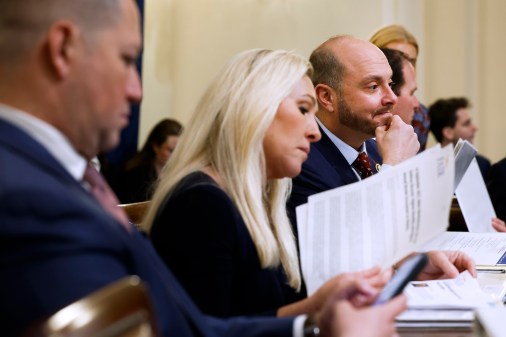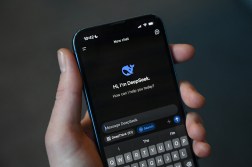Apple reports spike in national security requests amid promises of more transparency
The number of data requests from the U.S. government to Apple Inc. more than doubled last year, according to a biannual transparency report released by the consumer tech giant Friday.
Apple received 16,249 national security requests across 8,249 accounts between July 1, 2017 and Dec. 31, 2017, almost three times higher than the amount of requests received during the same period in 2016, when the company saw just 5,999 such requests, according to Reuters.
“The national security requests demand that Apple provide information in response to U.S. National Security legal authorities…Though we would like to be more specific, by law this is the most precise information we are currently allowed to disclose,” Apple’s privacy policy reads.
Other major tech firms also saw jumps in national security requests between the end of 2016 and the first half of 2017, Reuters reports. Facebook saw such requests nearly double, and Google reported a 36 percent increase in requests.
In the near future, the public will be given an even clearer view of governments’ interactions with the world’s tech giants. Apple included in the transparency report that it will begin disclosing government requests to remove apps from the App Store, starting with the July 1 – Dec. 31, 2018 report.
Broadly speaking, a national security data request is usually made to compel access to private user information that’s stored by the company. These requests sometimes allow the government to learn more about suspected terrorists, criminals or other targets in order to pursue legal charges.
The new disclosure policy comes as criticism mounts against Apple for bowing to pressure from the Chinese government to remove privacy tools for users in China. Last year, Apple removed all VPNs from its Chinese app store, making it much more difficult for iOS users there to bypass the country’s strict internet censors.
In February, the company began hosting Chinese users’ iCloud accounts on servers in China rather than in the U.S., per new Chinese laws, Reuters reported. Now, Chinese authorities have sweeping access to private data stored on the cloud, and can bypass the U.S. legal system.
And just this month, Apple restricted in China any apps that use the company’s CallKit protocol, which allowed users to make calls over the internet, citing new cybersecurity laws. China’s Ministry of Public Security worried the tools would allow users to bypass censors and evade state surveillance.






